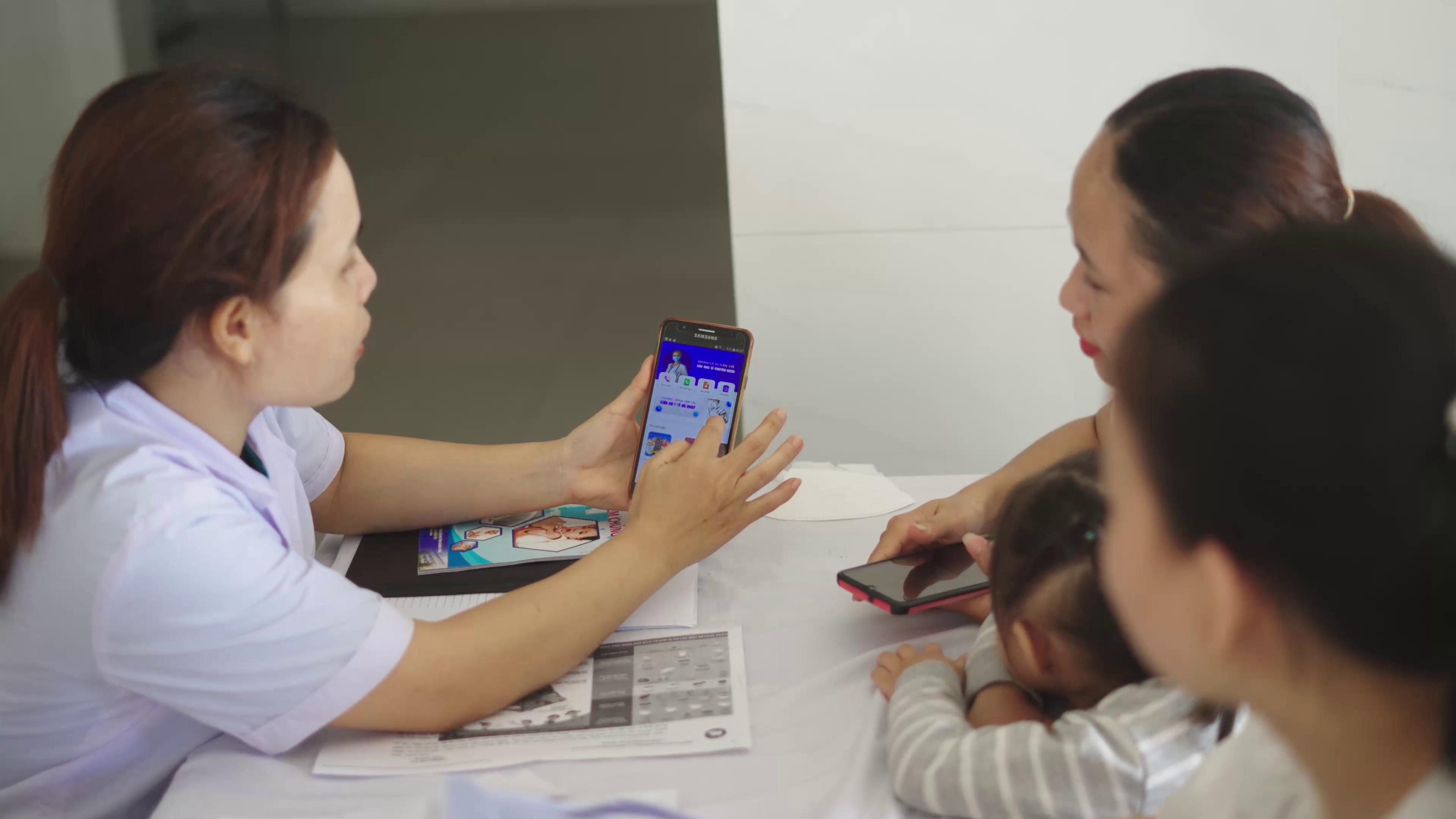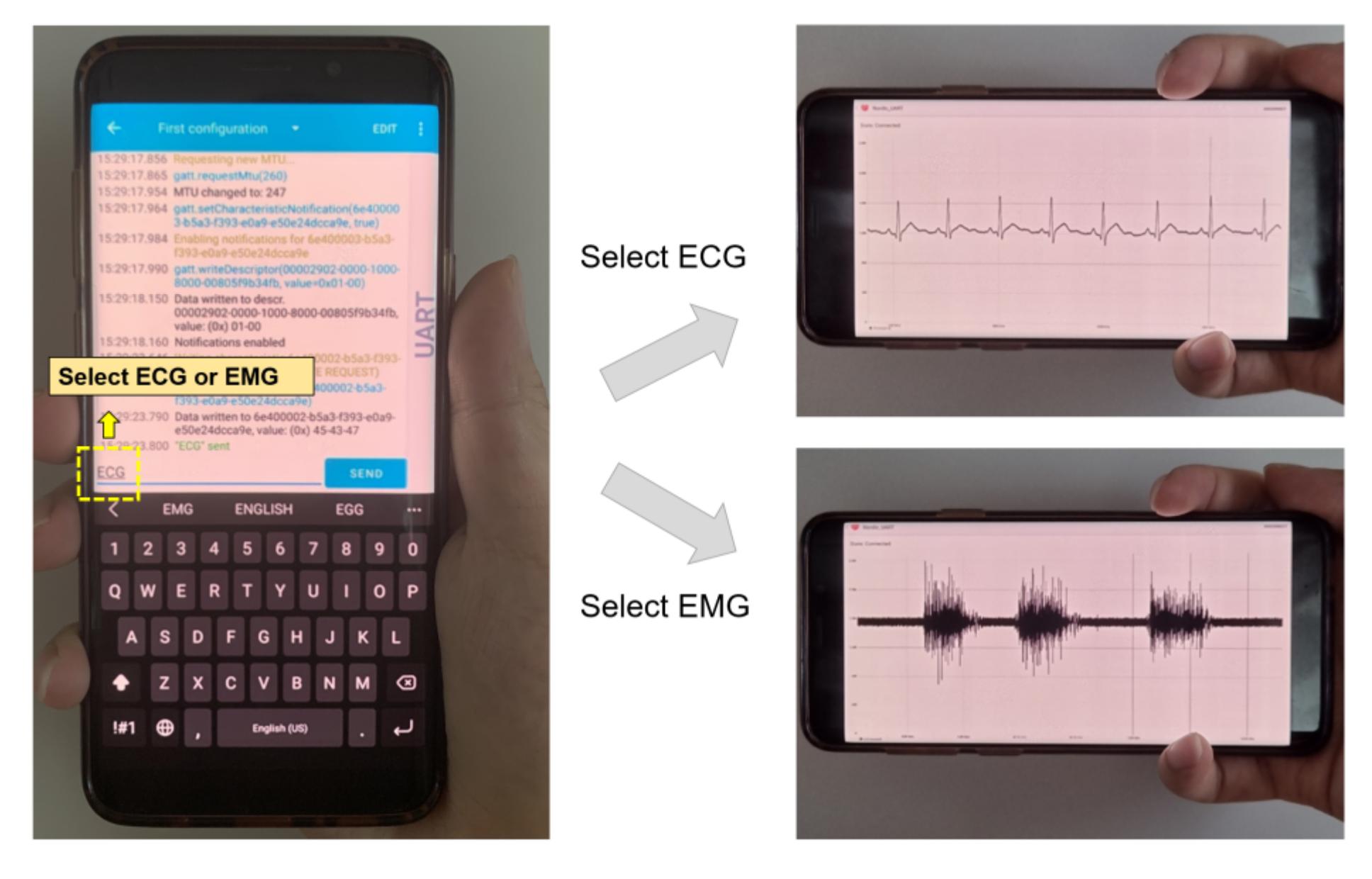
Date: May 10, 2017 – In an era where technology is rapidly transforming health care services globally, a revolutionary step has been taken in Ethiopia's primary health care system. A new research paper published in the International Journal of Medical Informatics highlights the remarkable improvements and quality of routine health data collected through the innovative use of smartphones by health workers. This pioneering approach promises to enhance health care delivery across the region.
The Power of Digital Data Collection
The deployment of smartphones among health workers at Ethiopian primary health care centers is more than just a step towards digitalization; it's a leap forward in digitizing and streamlining health data. The research paper, titled "Quality of routine health data collected by health workers using smartphones at primary health care in Ethiopia," encapsulates the benefits of introducing smart mobile devices into the health care ecosystem.
Enhanced Data Accuracy and Access

The use of smartphones allows for real-time data entry, which is not only time-efficient but also reduces the instances of errors typically associated with paper records. The touchscreens, user-friendly interfaces, and automatic data synchronization ensure that patient data is accurately and promptly recorded, enhancing the overall quality of the health database.
Empowering Health Workers
Smartphone technology equips health workers with the tools necessary to make informed decisions. The ease of data input, access to medical resources, and communication capabilities foster an environment for better patient outcomes. Additionally, the research suggests that this technological empowerment leads to improved job satisfaction among primary health care workers.
Implications for Public Health Policy

The introduction of smartphones as a tool for data collection has significant implications for health policies and strategies in Ethiopia. The availability of robust and accurate health data provides policymakers with the information required to address gaps, allocate resources efficiently, and measure the impact of health interventions with greater precision.
The Future of Health Care with Smartphone Integration
As Ethiopia embraces this digital transformation in health care, the potential for scale and replication in other developing countries is vast. Smartphones could very well become the cornerstone of a new era in global health, where quality and accessibility of care are enhanced through technology.
While the impact of smartphones on health data collection is evident, this innovation also opens doors for travelers looking for reliable health care during their journeys. As countries like Ethiopia improve their health data systems, travelers will benefit from access to quality care, making destinations more appealing for health-conscious globe-trotters. Furthermore, the travel and hospitality industry can leverage these advancements to assure guests of superior health care facilities, thereby potentially boosting tourism and providing an impetus for the local economy and infrastructure development.